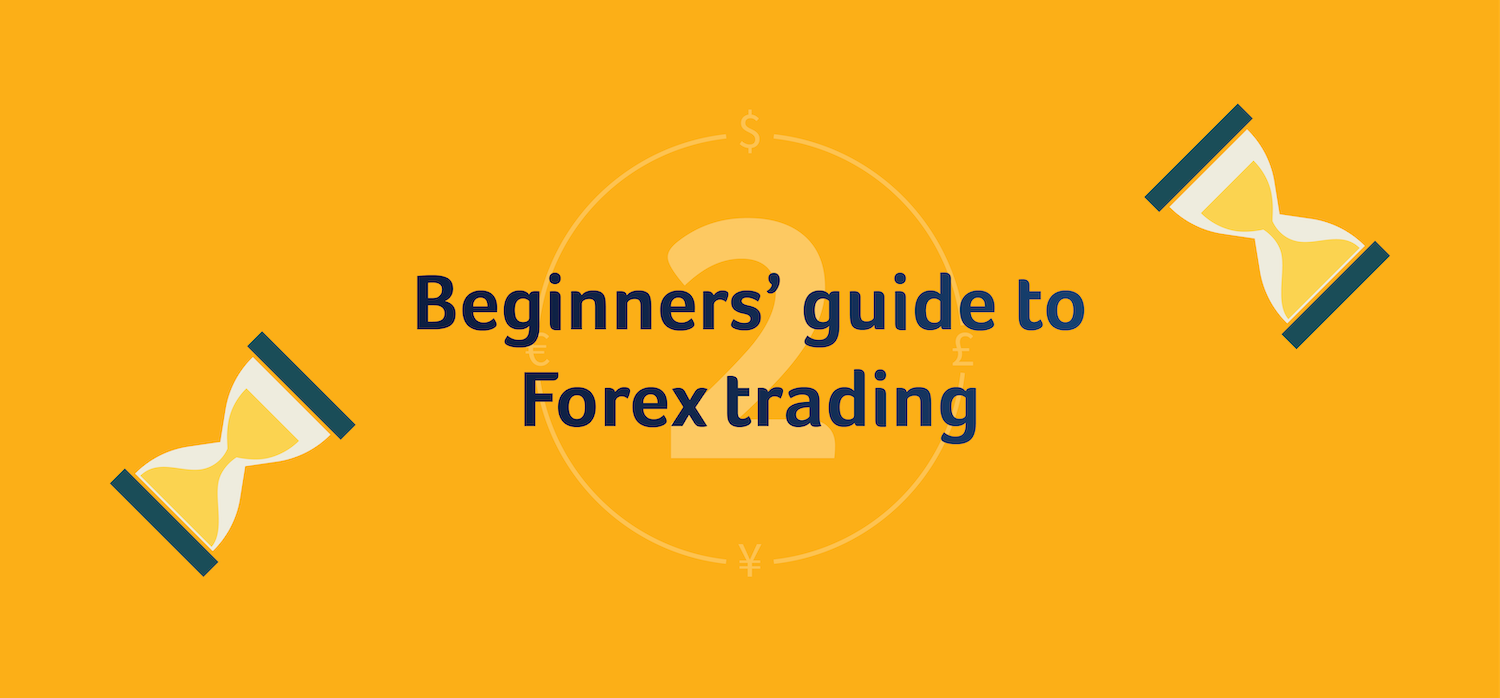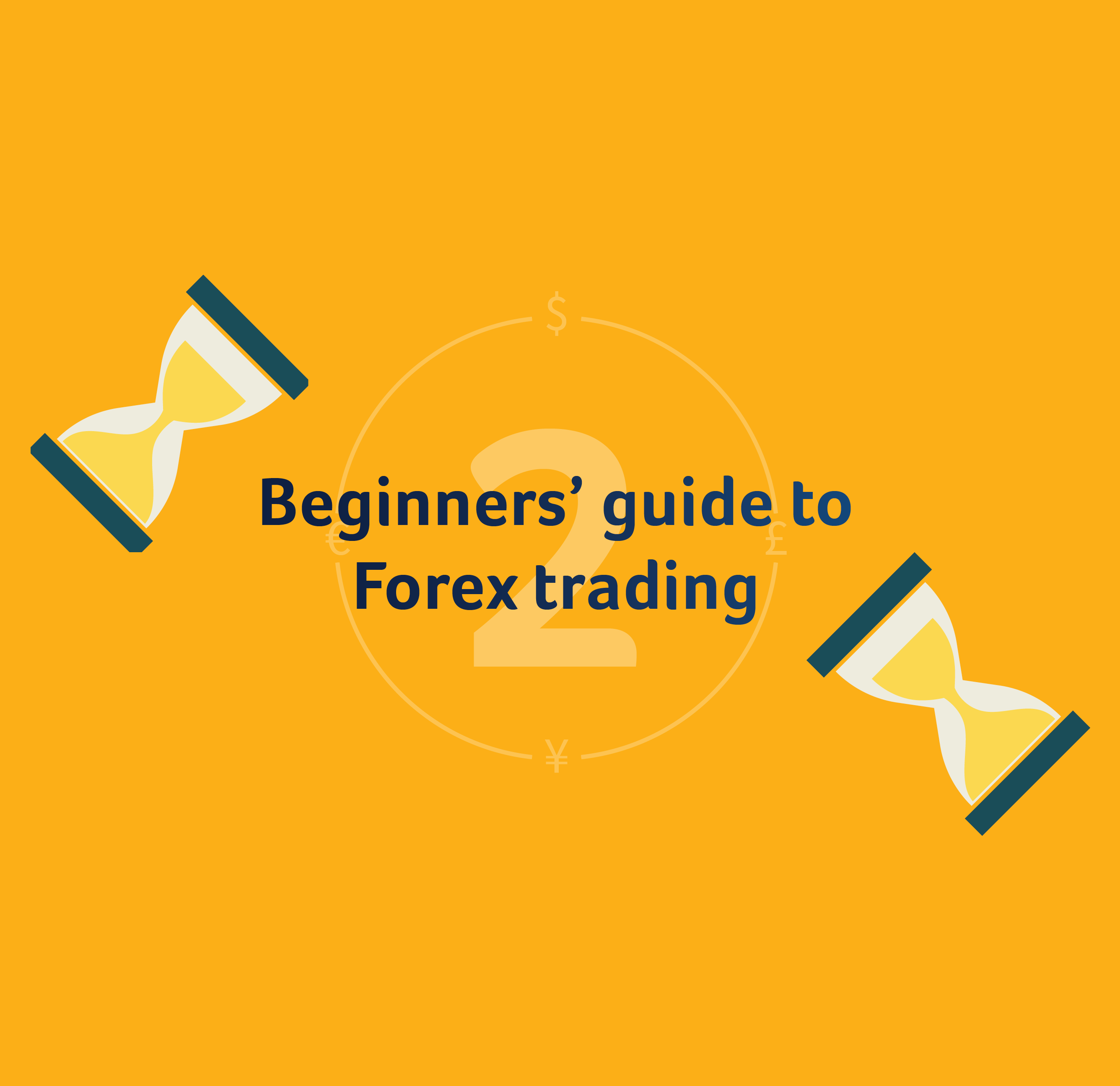7 reasons to trade Forex markets
We feel there are a host of reasons to trade FX and we have outlined 7 main reasons why most of our customers choose to trade forex with us.
1. 24-hour access
Forex markets are open 24 hours a day, five and a half days a week, closing only at weekends.
The foreign exchange market is a global network of investment banks and financial institutions, with no central exchange, giving traders access to markets around the clock.
Forex markets open in Asia and ‘follow the sun’ around the globe to Europe and then on to the US.
Trading days (or sessions) are based around the central hubs for each region, so Tokyo, London and New York. Often, you will hear the trading periods referred to as the Tokyo, London or New York session depending on the time of your trading.
With 24-hour access you never need to miss a trading opportunity or work around market hours, the market is open when you need it to be!
Whether you’re a night owl or an early bird the market is open, allowing you access to trade whenever suits you!
2. Go long or short
Trading forex allows you to go long (buy) or short (sell), meaning you can profit in both falling and rising markets.
In simple terms, going short is the ability to sell an asset before buying it back at a later time or date. You do not need to own the asset before selling it.
The ability to be able to trade long or short opens vast trading and hedging possibilities.
The first stated currency in any pair is known as the ‘base currency’, with the ‘quoted currency’ coming second.
For example, using GBP/USD, the base currency is GBP and the quoted currency is USD.
When trading the direction of trade always relates to the base currency.
So, if you buy GBP/USD you are buying GBP (the base currency) and selling USD (the quoted currency).
Inversely, if you were to short (sell) GBP/USD you would be selling GBP and buying USD.
3. Liquidity
Forex markets are the most liquid, or heavily traded, asset class in financial markets with over $6 trillion worth traded every day.
As well as being the most heavily traded financial market in the world FX markets also offer you the ability to speculate on global events via a wide variety of currency pairs known by three categories:
Majors – which must include the USD, e.g. GBP/USD, USD/JPY and EUR/USD
Minors (or Cross Pairs) – pairs that include major currencies but NOT the USD, e.g. EUR/GBP and GBP/JPY
Exotics – consists of one major currency and one emerging market currency, e.g. EUR/TRY and USD/MXN
4. Leverage
Leverage in financial markets is the ability to trade using borrowed capital.
You can trade multiples of your available balance, for example, if you deposit $1k and are on 10x leverage you could trade up to $10k of an asset (10 x $1k = $10k).
Using leverage allows you to take positions using only a small proportion of the full value of the position.
Other asset classes have strict rules when looking to utilize leverage, equity margin accounts typically offer between 2x to 6x leverage, but forex markets allow 50x or higher depending on regulators.
5. Hedging risks
Hedging, in financial markets, is the term given to the process of undertaking a trade with the intent of limiting risk or reducing exposure to an existing position.
Volatility can give rise to trading opportunities but can also give cause for concern. This is when hedging is most effectively utilized.
There are numerous hedging strategies, the most common being the use of derivatives to offset positions in the underlying market.
Hedging can be used to lock in profits or to limit potential downside risks of an existing position.
Hedging in forex markets is most commonly used in one of two ways:
First, you can limit your risk by trading correlated markets. For example, buying USD/CAD and selling EUR/CAD will reduce your exposure to CAD movements. This is especially useful if you’ve invested in Canadian assets, have Canadian suppliers or are doing business in Canada.
Second, you can use forex markets to hedge positions in other asset classes with a direct correlation to a currency pair. For example, crude oil is widely acknowledged to have an inverse relationship to USD/CAD, so should you wish to hedge your existing crude oil position you could place an opposing trade in USD/CAD.
6. Tax efficient
Forex trading does not incur stamp duty and can be used to offset capital gains losses.
Capital gains tax is payable on profits derived from forex trades but the ability to offset losses for capital gains purposes makes them an attractive hedging tool. (Make sure to check tax laws in your jurisdiction and check with a tax specialist if needed).
7. Diversification
Adding forex trading to you your trading portfolio is a great way to diversify.
Having the ability to trade forex as a standalone asset class or using it as a hedging tool to reduce risk or exposure against your portfolio makes forex trading an essential part of a sophisticated trading strategy.
What’s your main reason to trade FX?
There are so many great reasons to trade FX! This is why we are passionate about offering our customers a host of trading tools and educational content to help you get your forex trading off to a great start.
After extensive research, we’ve carefully chosen MT5 as our main FX trading platform.
MT5 is a sophisticated forex trading platform with rich analysis tools and indicators, as well as the ability to use scripts and expert advisors for automated trading strategies – you can find out more about it here. It is widely used by forex newcomers and experienced traders alike.
We hope we inspired you to give FX trading a try. When you’re ready, our amazing customer service team is here to help you.
See you on the FX markets!


